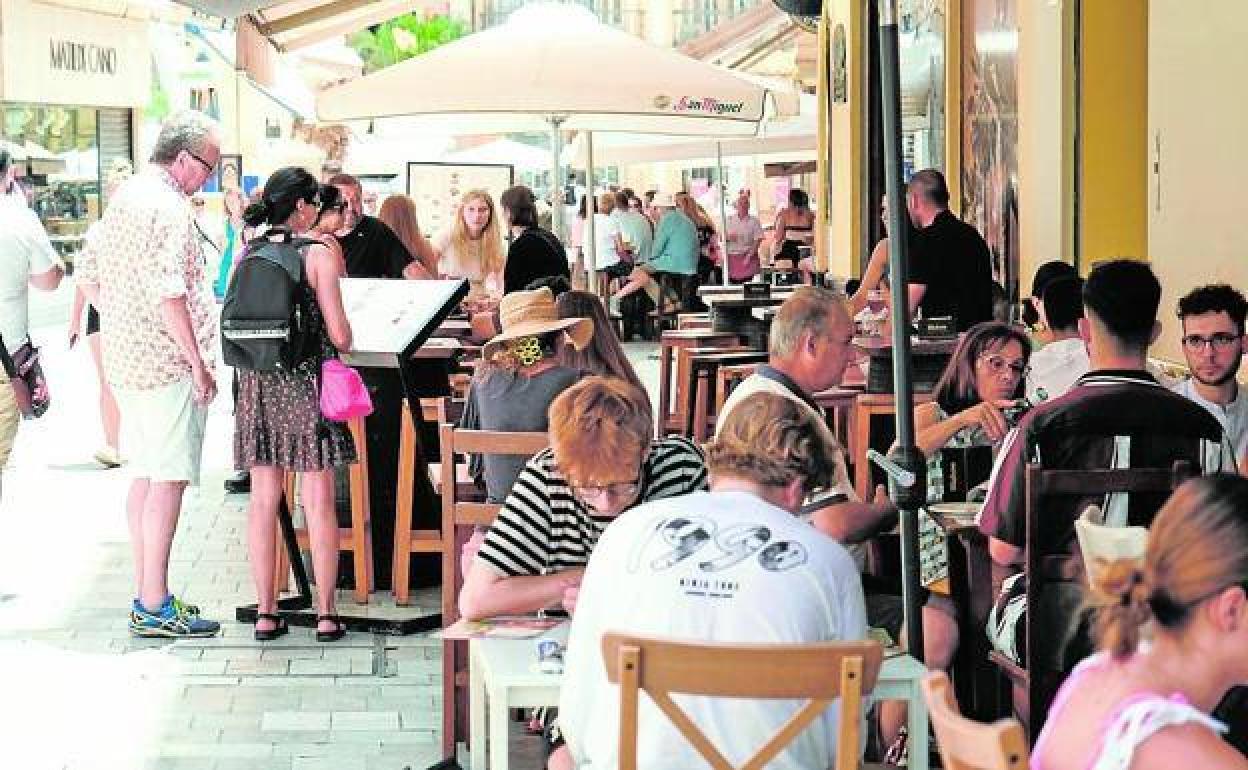Nine out of ten tourists in Andalucía this summer are spending more money
According to Turismo Andaluz, 66% of visitors say they have increased their budget and 24% are spending a lot more
The drums of recession are starting to beat loudly, chanted by seemingly unstoppable inflation and a constant rise in energy costs, but tourists in Andalucía seem to have decided to make the most of this first summer without pandemic restrictions and enjoy it to the full.
According to Turismo Andaluz, nine out of ten tourists say they are spending more than usual this summer. Of these, 66% say their budget has increased, while 24% say they will be spending “a lot more”. Only 4% say they are spending less and 6% say their budget is the same as last year.
The latest figures from the Survey on Tourist Expenditure, from Spain's National Institute of Statistics, show that in June international visitors to the region spent 1.17 billion euros. Their average budget was 1,166 euros, which was 13.5% higher than in the same period in 2021. They spent 145 euros a day on average, which was an increase of 20%. However, the average length of stay dropped by 5.5% to eight days.
And what do they spend their money on? Revolut, the financial group with over 20 million clients worldwide and one million in Spain, analysed the figures between 1 May and 14 July and said the visitors’ money went on restaurants (30% of the total), travel costs and shopping.
Spanish tourists abroad
According to Revolut, foreign tourists in Spain spend more than Spanish tourists abroad, although they are also spending more this year: an increase of 48.3% between May and mid-July compared with the same period in 2021.
“In 2021 the Spanish spent an average of 444 euros, and this year it has gone up to 658 euros. This is partly due to rising prices, especially transport,” says Revolut. In fact, transport costs have risen from 11.9% of the total spending to 16.%, but Spanish travellers spend the biggest part of their budget – 20.8% - on shopping.
However, the figures also indicate that Spanish tourists are less interested in travelling abroad. Once again they have boosted the tourism figures on the Costa del Sol, and are spending more money than usual there. High inflation and the economic crisis could be the reason for the increase, according to the Revolut report.

